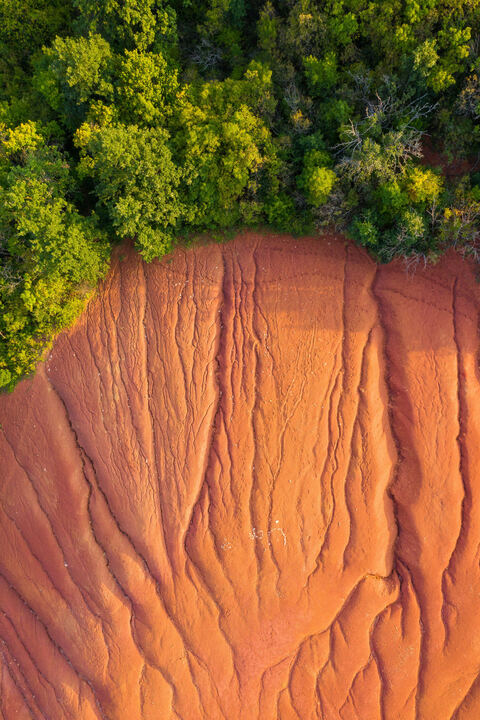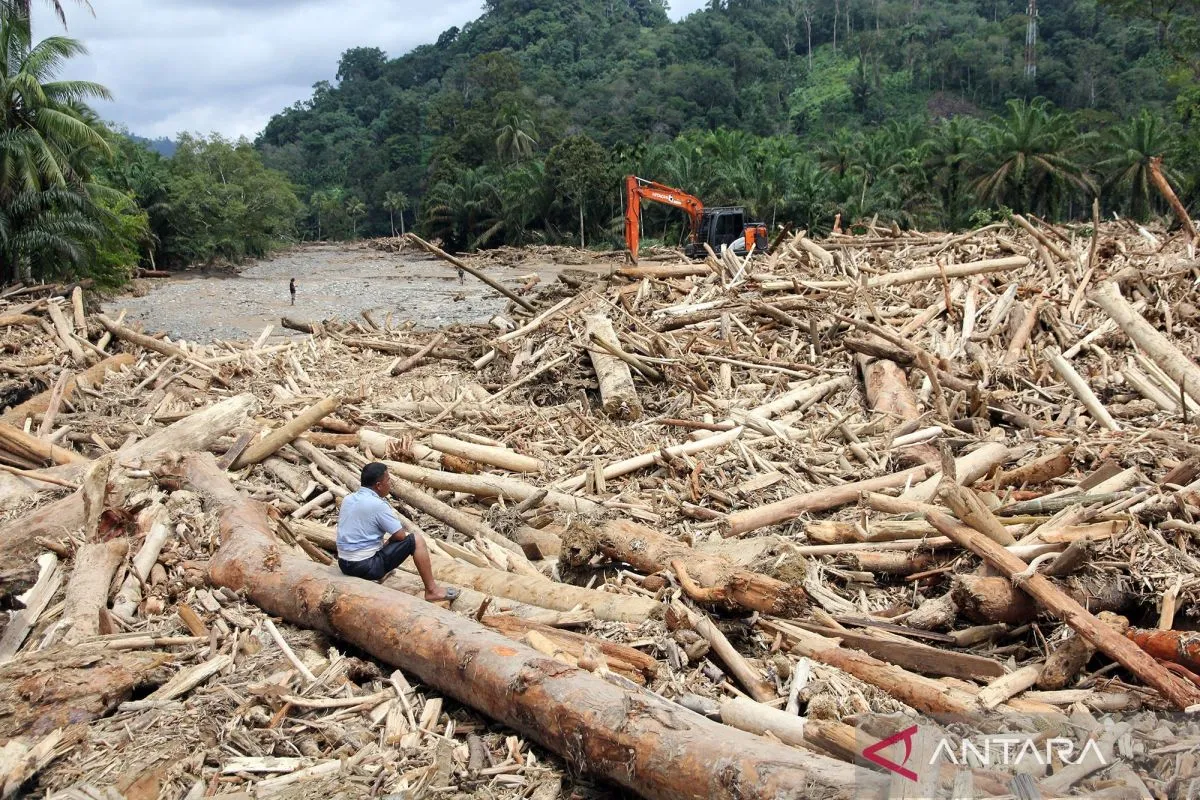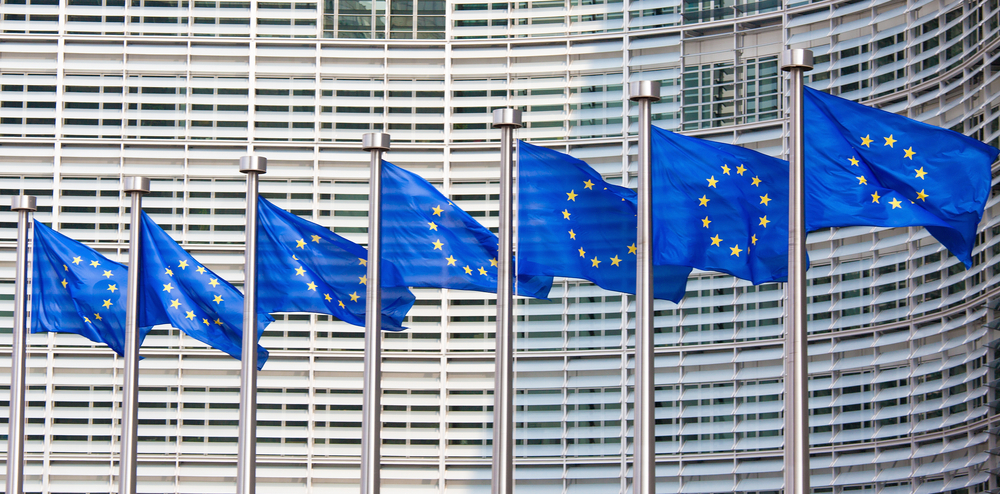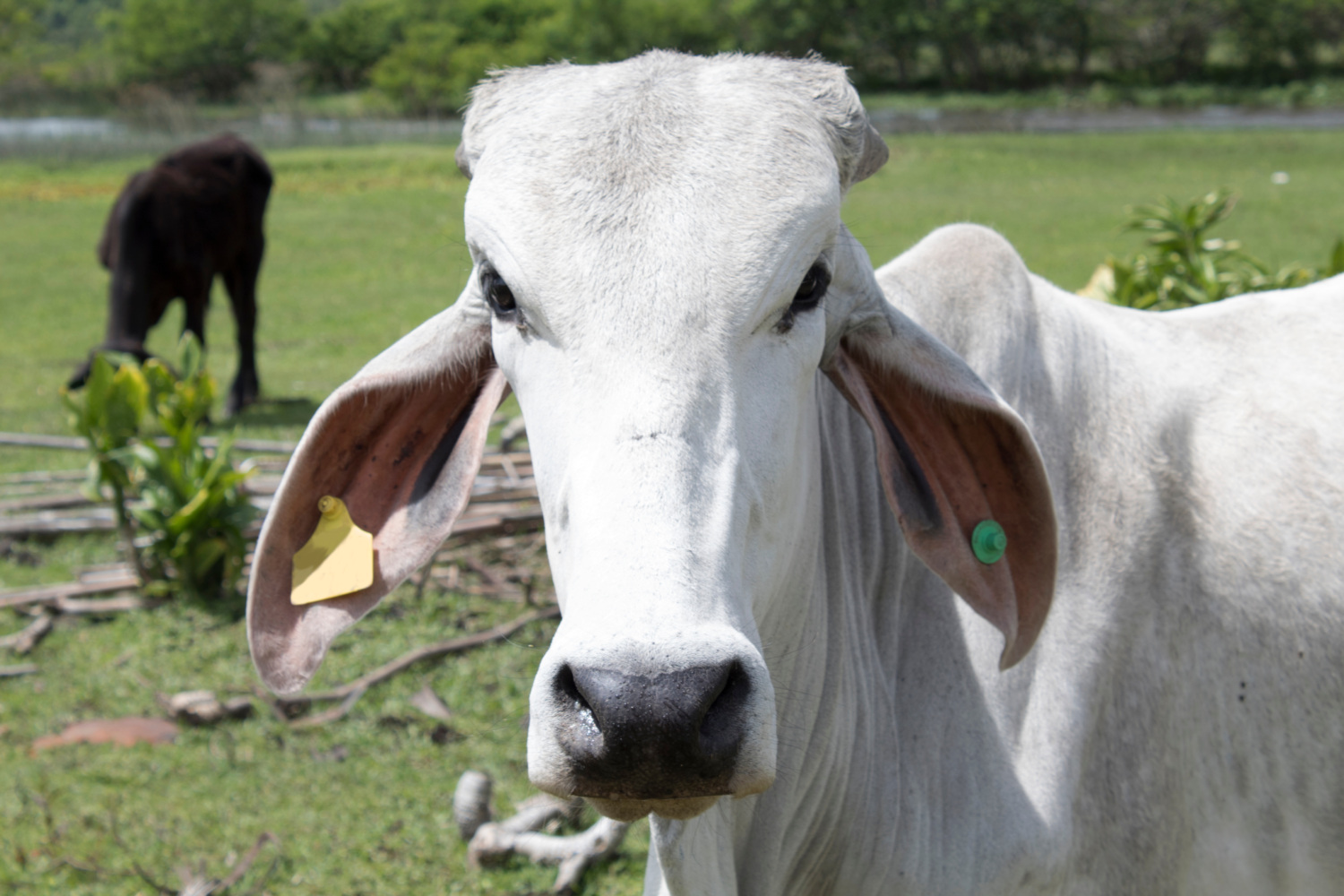
Bauxite Boom: Mighty Earth urges producing countries to commit to responsible mining for people and planet
A new Mighty Earth report, “The Impact of the Bauxite Boom on People and the Planet” examines the environmental and social impacts of bauxite mining for aluminum used in electric vehicle (EV) production in four key producing countries: Indonesia, Brazil, Guinea, and Australia.
In the first global analysis of the bauxite boom across four continents, the report analyses the adverse effects of bauxite mining – the principal ore of aluminum for electric vehicles – and the resultant environmental degradation and health repercussions faced by local and Indigenous communities. Drawing on new satellite data, the report highlights extensive deforestation driven by bauxite mining in the four country case studies.
With the demand for aluminum expected to double by 2050, the report calls on the world’s biggest bauxite producers to commit to responsible mining and for global EV manufacturers to ensure their global supply chains are not driving human rights abuses, deforestation and environmental harm.
Key stats and facts:
- Indonesia, Brazil, Australia and Guinea together, produced 148 million metric dry tons of bauxite in 2023, and they have 14.6 billion metric tons of bauxite in reserves, representing nearly a half of all known reserves.
- Guinea has the world’s biggest bauxite reserves. A government study estimated that in the next two decades, more than 200,000 acres of farmland and 1.1 million acres (about twice the area of Yosemite National Park) of natural habitat will be destroyed by bauxite mining.
- The Indonesian government has set a national goal to produce 600,000 EVs by 2030, which would represent a 10,000 percent increase from what Indonesia was able to manufacture in the first half of 2023.
- Mining bauxite produces “red mud” which can pollute waterways. It’s estimated that aluminum production could lead to 10 billion tons of red mud globally by 2050.
- In West Kalimantan, Indonesian children suffer skin conditions attributed to run-off from bauxite mines polluting rivers and streams.
- In the Brazilian Amazon, bauxite mining byproducts leach into rivers and streams that local communities depend on for water and fishing. Medical tests found that at least one woman had “175 times the amount of aluminum considered safe in her hair.”
- In the northern jarrah forests of Western Australia, one of the most biodiverse temperate forests on earth, scientists warn of species extinction due to the expansion of bauxite mining.
- Electric vehicles use about 25-27 % more aluminum than traditional vehicles and automakers utilize about 18% of all aluminum produced globally.
- Hyundai and Ford are among the top automakers linked to deforestation, pollution and human rights’ abuses in their bauxite supply chains.
Matthew Groch, Senior Director of Decarbonization said:
“Bauxite production is booming but it comes with a high environmental and human cost. We need to transition to electric vehicles to tackle climate change and nature loss but there are ways to mine the necessary metals and minerals responsibly and sustainably. We urge producing countries to commit to IRMA’s mining program and for automakers to get full control of their bauxite and aluminum supply chains, from mine to vehicle. That means making a targeted effort to ensure that the raw materials they are sourcing are not driving deforestation, polluting waterways, and impacting the lives and livelihoods of local and Indigenous communities.”
What Mighty Earth is calling for:
- The bauxite mining industry and its customers need to uphold Free, Prior and Informed Consent (FPIC) of Indigenous and local communities, including the right to withhold consent to the development of bauxite or aluminum infrastructure. Mining companies must ensure adequate compensation for communities who experience harm.
- All actors across the bauxite supply chain to join the Initiative for Responsible Mining (IRMA) and adopt its standards. IRMA is the only independent third-party program for assessing industrial scale mine sites for all mined materials. It is governed equally by the private sector, communities, civil society, and workers.
- The governments of Australia Brazil, Guinea, and Indonesia and other producing countries, to find ways to enforce and expand existing labor and environmental laws to further minimize the negative environmental impacts on local communities.
- Bauxite mining companies and their customers to ensure that the “mitigation hierarchy” of Avoid, Minimize, Restore and Offset is followed.
===


